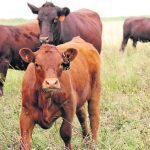Producers think Ottawa should help pay for clean-up and disinfection after a federally reportable disease outbreak
REGINA — Cattle producers say the federal government should offer better compensation to those affected by reportable diseases. The Canadian Food Inspection Agency pays maximums of $4,500 per commercial animal and $10,000 for each registered animal when ordered destroyed, but nothing else. Saskatchewan Stock Growers Association members voted at their semi-annual meeting to lobby Ottawa […] Read moreTag Archives Canadian Cattle Association
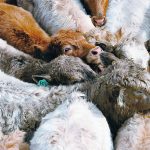
Beef checkoff set to increase in Sask. next year
Saskatchewan Cattlemen’s Association says it must prepare for lower revenues once sales fall off following a red hot run
REGINA — The Saskatchewan beef checkoff is set to rise 75 percent in 2025 from $2 to $3.50 per head. Producers attending the Saskatchewan Cattlemen’s Association annual general meeting voted in favour of the hike as of April 1, 2025, although some worried more producers would request refunds because of all the escalating costs they […] Read more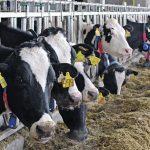
Methane emissions additive approved in Canada
Market authorization for livestock product comes after CFIA approves the product's main ingredient

More BSE-era trade irritants may soon disappear
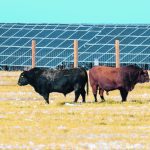
Cattle sector awaits details on methane plan
Early thinking is that federal incentives to help producers reduce cattle emissions could fit with the industry’s targets
MEDICINE HAT — Canada’s draft policy that would provide financial incentives to livestock producers to reduce methane from cattle aligns with the beef sector’s target to see those emissions reduced by a third by 2030. But how well the federal government’s proposals will merge with the sector’s efforts, which have already resulted in Canadian beef […] Read more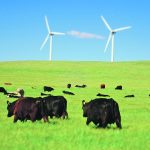
Initiative aims to protect country’s grasslands
The Grasslands Conservation Initiative is designed to create a unified front in the effort to stem native pasture loss
Three organizations with a history of conservation on the Prairies have launched a new initiative to protect one of the most threatened agricultural and ecological landscapes in the West. The Grasslands Conservation Initiative is the product of joint discussions between the Canadian Cattle Association, Ducks Unlimited Canada and the Nature Conservancy of Canada that were […] Read more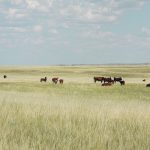
Initiative hopes to protect grasslands
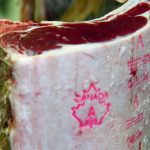
Delay U.K. entry to trade deal, say meat producers

Just say ‘no’ to Britain
Red meat groups push Ottawa to keep U.K. out of trade deal
Canada’s beef and red meat industry is asking the public for help to prevent the United Kingdom from joining a trade deal. The Canadian Cattle Association, Canadian Meat Council and National Cattle Feeders’ Association launched a campaign Sept. 12 called Say No To a Bad Deal. Their goal is to pressure the federal government so […] Read more
N. American beef leaders urge disease vigilance
President of American industry group sounds alarm over what he says is Brazil’s non-compliance with BSE standards
The United States, Canada and Mexico must do more to protect the North American cattle herd from illnesses such as foot-and-mouth disease and BSE that threaten the continent’s multibillion-dollar beef sector, said an American industry leader. Brazil is demonstrating it is non-compliant with the BSE standards developed by the World Organization for Animal Health in […] Read more
